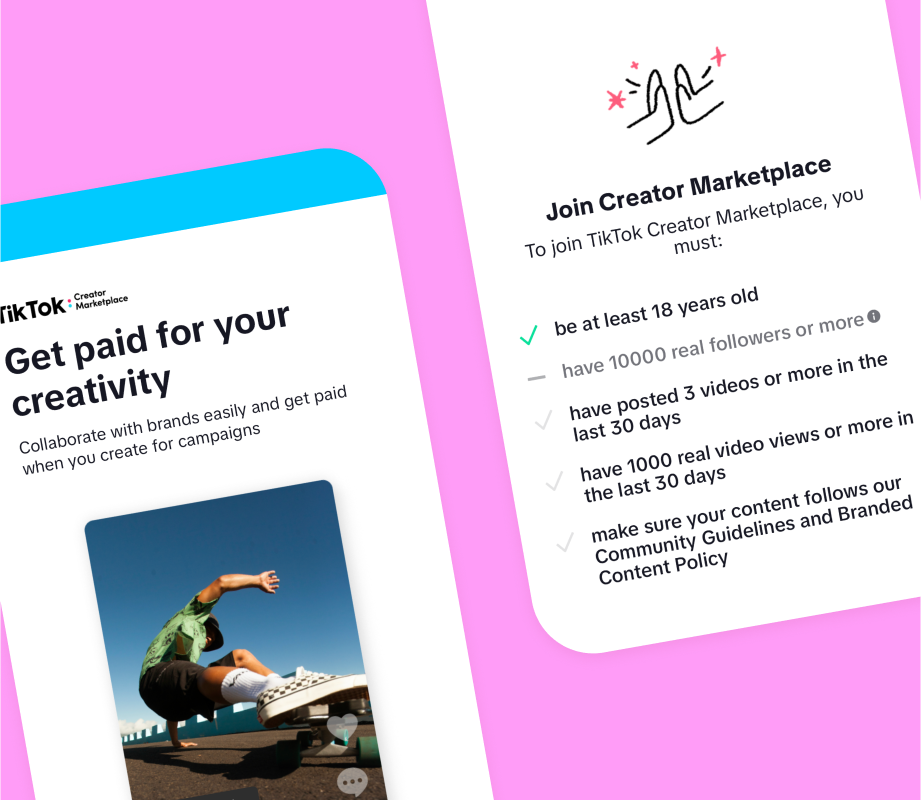Lay the Professional Groundwork for a Successful Nonfiction Book
If a nonfiction book is an immediate or distant goal, start thinking now about how to visibly position yourself as an expert in your topic.


Today’s post is excerpted from From Pitch to Print: The Nonfiction Writer’s 10-Step Plan to Getting Published by Dr. Jennifer Dorsey.
Many authors I work with are often surprised to find that marketing for their book actually begins well in advance of finding a publishing path. It’s certainly natural to assume that marketing doesn’t happen until the book is produced and published, but that’s not the case. Everything that you do as a subject matter expert leading up to the publishing of your book is important and a part of your overall book marketing process. Whether you are ready to pursue a book project right now or if it’s part of a longer-term plan for your professional life, it’s a good idea to go ahead and think about how you can create what I call a content ecosystem around your book.
A content ecosystem is exactly what it sounds like, an ecosystem made up of all kinds of content that you can produce about your topic area. For example, if you work day-to-day in your subject matter area at a full-time job, you’re already marketing yourself as a subject matter expert to colleagues whom you work with. If, for example, you are an entrepreneur then you are marketing yourself each and every day as a subject matter expert. Adding a book to the mix is a very natural progression for building on that content ecosystem.
The most successful subject matter expert authors start marketing themselves within that existing ecosystem, no matter how big or small it is. I always like to tell authors to market what you know, to people you know, where you are known. Remember these three layers of professional groundwork, and you’ll be in good shape to eventually market your book:
- What you know. Practice being the subject matter expert in more places than just your everyday work life. Marketing what you know helps build your author and expert ethos. The more you talk about your expertise, how you apply it, and its value, the better positioned you will be to be accepted as an expert when you’re writing a book.
- To people you know. Exploring your topic area with people you know is also a vital piece of this exercise. By “people you know,” I mean your intended audience for your book project. Who is interested in your topic area? Who follows you on social media or reads your articles or blogs? When you are promoting yourself professionally, you naturally want to promote yourself to people who are interested in what you have to say.
- Where you are known. As you expand your areas of influence as a subject matter expert, you can niche down by focusing on areas in which you are known. By this, I mean talk to the people who want to hear what you have to say in places where it makes sense for you to say it. For example, if you are a subject matter expert in a scientific field, places you are known and followed would be journals, at professional events, at academic conferences, and even on social media geared toward people who follow influencers in your topic area. Or let’s say that you are a chef known for creating wonderful dishes from foraged plants. That’s a specific niche, but it has a dedicated audience. Perhaps you meet them where they are on social media, at enthusiasts’ conventions, or with a dedicated email newsletter. Choose mediums and content systems that make sense for not only who you are as a person and a professional but that also makes sense for your subject matter area.
I like to think of these three layers as guiding principles, not necessarily prescriptive steps that you take to build your professional content ecosystem. With every step you take to build up your professional ethos, that will be so important to you as you pitch to agents, editors, and potential business partners. Simply keep those three layers in mind to make sure that you’re hitting all of those notes.
Create authentic connections
Once you have those three layers in mind, you can dig more into specific ways of connecting with your potential readers and market before you approach a publisher.
Connect (or reconnect) with your target network
Laying your professional groundwork starts with people first. You want your name on the lips of everyone in your immediate and adjacent networks. Engage with them in genuine and meaningful ways through the work you do, share the work you do, and build up others within your subject matter area of expertise.
These are the groups of people who should be on your professional radar always, not just when you’re promoting a book:
- Colleagues. Colleagues aren’t just people you work with; they are people who are in your life for a reason just as you are in theirs for a reason. It’s really easy to equate work colleagues with people whom we just see in the office or on Zoom every day, but I would encourage you to dive deeper into those relationships and focus on your shared joys and passions around your subject matter. Those with whom you work either directly or indirectly can be some of your biggest supporters and most valuable cheerleaders.
- Clients. Make a point to connect regularly with your clients, especially if you are a small business owner or entrepreneur. Your clients are the lifeblood of your business, and they should be treated with respect and kindness at all times. That doesn’t mean that they are always right, but what it does mean is that they are valuable to you just as you are valuable to them. So, honor those relationships and connect often, even if it’s not business focused. Send a holiday card, touch base every now and then just to see how they are doing, ask about their family. Building relationships outside of the transactional arena of business is important, especially with people with whom you are going to be working repeatedly. Remember that your clients are the recipients of your subject matter expertise and knowledge, so there’s no one better to support you when it comes time to write and promote your book.
- Contemporaries. Build strong relationships with others who are in your field or related areas of interest and expertise. One of the most gratifying parts of being a subject matter expert is getting to know other people in your field who are doing amazing work and sharing it. Meet people at conferences, follow your contemporaries on social media, read their books, and be as supportive of them as you would hope they would one day be supportive of you. I like to think of contemporaries as colleagues outside of the normal confines of work. These are people like you who have similar interests that sometimes overlap with yours. Have an abundance mindset when you are thinking about your contemporaries. They are not competitive with you, not really. Rather, they are fellow travelers on a similar professional journey.
- Followers. If you are lucky enough to already have a following of people who will be your ideal readers in the future, that’s great. Those who follow you either formally or informally are the people you want in your corner when it’s time to promote your book. Perhaps you have a social media presence. Or maybe you write for journals or magazines and have the built-in readership already. Your followers can even be friends and family. All of these people already root for you and will be vital to the success of your book going forward. Connect with them often and create a holistic and rewarding relationship that is not transactional.
- Influencers. Do you work in a space that involves influencers? I bet you do. It’s time to let go of the standard notion of an influencer as purely a social media figurehead. There are influencers everywhere, and they already have something that you are eventually going to need—street cred with a built-in audience. Become a student of the influencers in your field, whether on social media, print, or in other forms of media. Watch how they talk about your topic. Are there things that you like about how they present themselves? Are there things you don’t? Tap into their world by becoming a follower yourself, so you can not only study how they promote themselves but so that you can engage with them as well.
Amp up your professional visibility
Once you’ve reestablished your footprint with your existing network and potential target audience, focus on amping up your professional visibility as well. You can do this in all kinds of ways, from connecting more on LinkedIn to taking part in more visible means of connection through associations, speaking engagements, or other events. Here are a few great ways to increase your professional visibility not only to support a future book project, but to build your brand as a subject matter expert:
- Enhance your LinkedIn profile. So many subject matter experts believe that LinkedIn is not a viable source of connection for them, but that couldn’t be further from the truth. No matter what area you work in, there will be like-minded people for you to connect with on LinkedIn. But before we dive further into increasing your social media footprint, let’s just start with the basics here. Make sure that your LinkedIn profile is well optimized not only for searchability but also for content. One of the best ways to do this is to focus on using keywords that resonate with your audience. Shine a light on your specific set of skills, especially as they relate to your book topic. For example, if your area of expertise is book publishing, like mine, I would want to focus on keywords that explore all of the different aspects of publishing in which I have expertise. You might use words like editorial, profit and loss statement, forecasting, developmental editing, or even book production and design. Those are words that are commonly used in our profession, so I know people will be searching for them and thus I want to use them somehow in my profile. That doesn’t mean that you should not be honest about who you are and what you do, but if you know the buzzwords that are common in your industry, and you can weave them into your profile somehow, then do so.
- Write in your area of expertise. One way to highlight your writing skills is to build up a portfolio of articles, essays, or scholarship. Are there publications in your area of expertise that you could pitch articles to? Maybe there are online sites that focus on a particular aspect of your content area where you could write an article. Writing on sites like Medium or Substack, or establishing a blog centered around your topic area, can be just as effective as getting bylines from other organizations. You don’t have to be as prolific as Shakespeare, but you should have some visibility in the writing world as it relates to your area of interest.
- Speak at events. Getting comfortable with being in front of people and talking about what you know is a vital skill for any potential book author. There are so many opportunities these days to go out and meet people and talk about your expertise. Hosting a seminar at your local library is a wonderful way to get started in the speaking world.
- Collaborations. Working together with colleagues and other notables in your field is a wonderful way to build your professional ethos. This doesn’t mean that you have to do big, sweeping projects with people, but rather, take part in the community of knowledge that surrounds your topic area.
It’s really important to keep in mind that subject-matter experts don’t live in a vacuum, nor do they do their work in one. No matter what your topic is, you are part of the community of thinkers, writers, and professionals in your field. So, take the time to connect with those people, talk with them, and find ways to work together. A little goodwill goes a long way with colleagues, and eventually, you will have a host of people willing to support you professionally as well.






































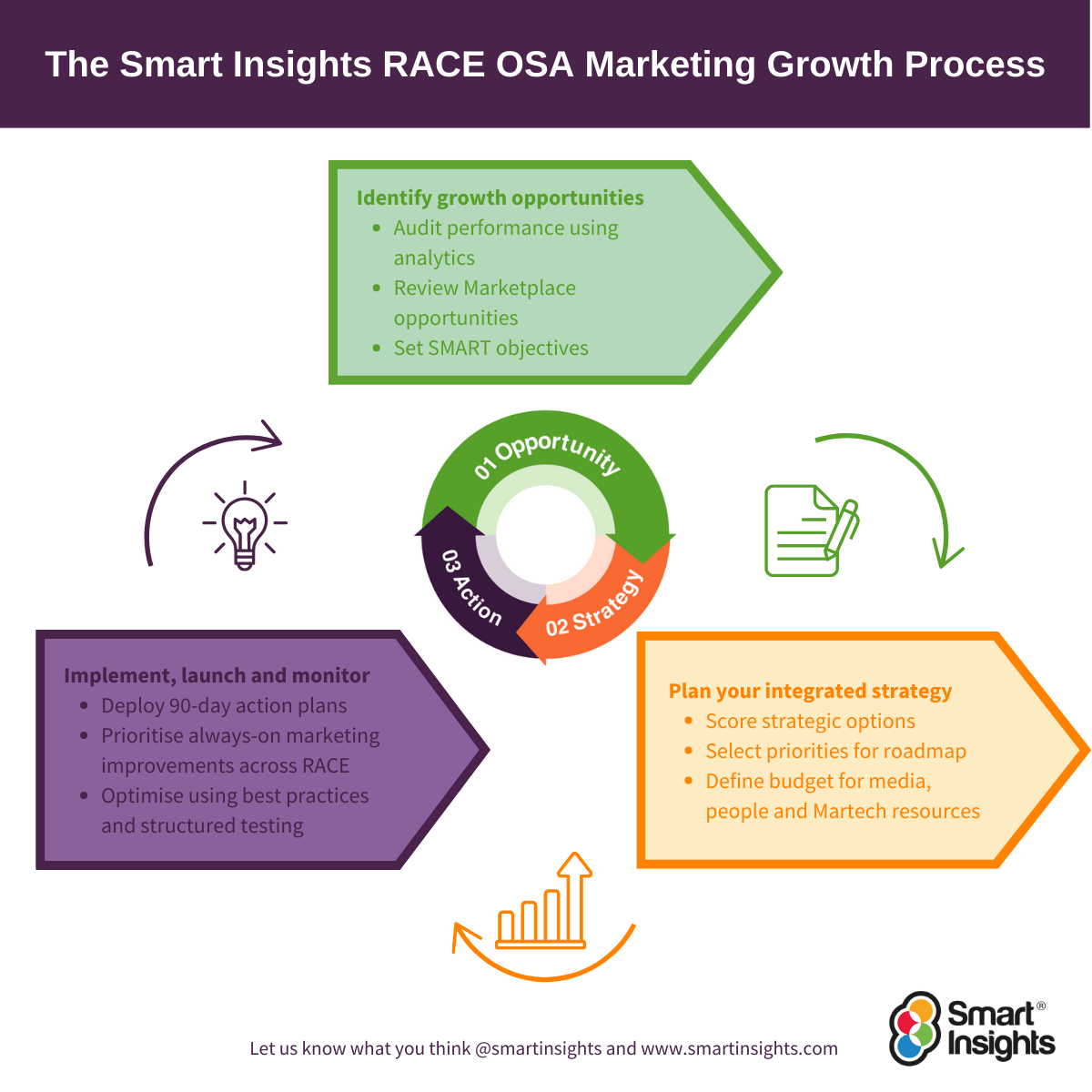









![How Marketers Are Using AI for Writing [Survey]](https://www.growandconvert.com/wp-content/uploads/2025/03/ai-for-writing-1024x682.jpg)

















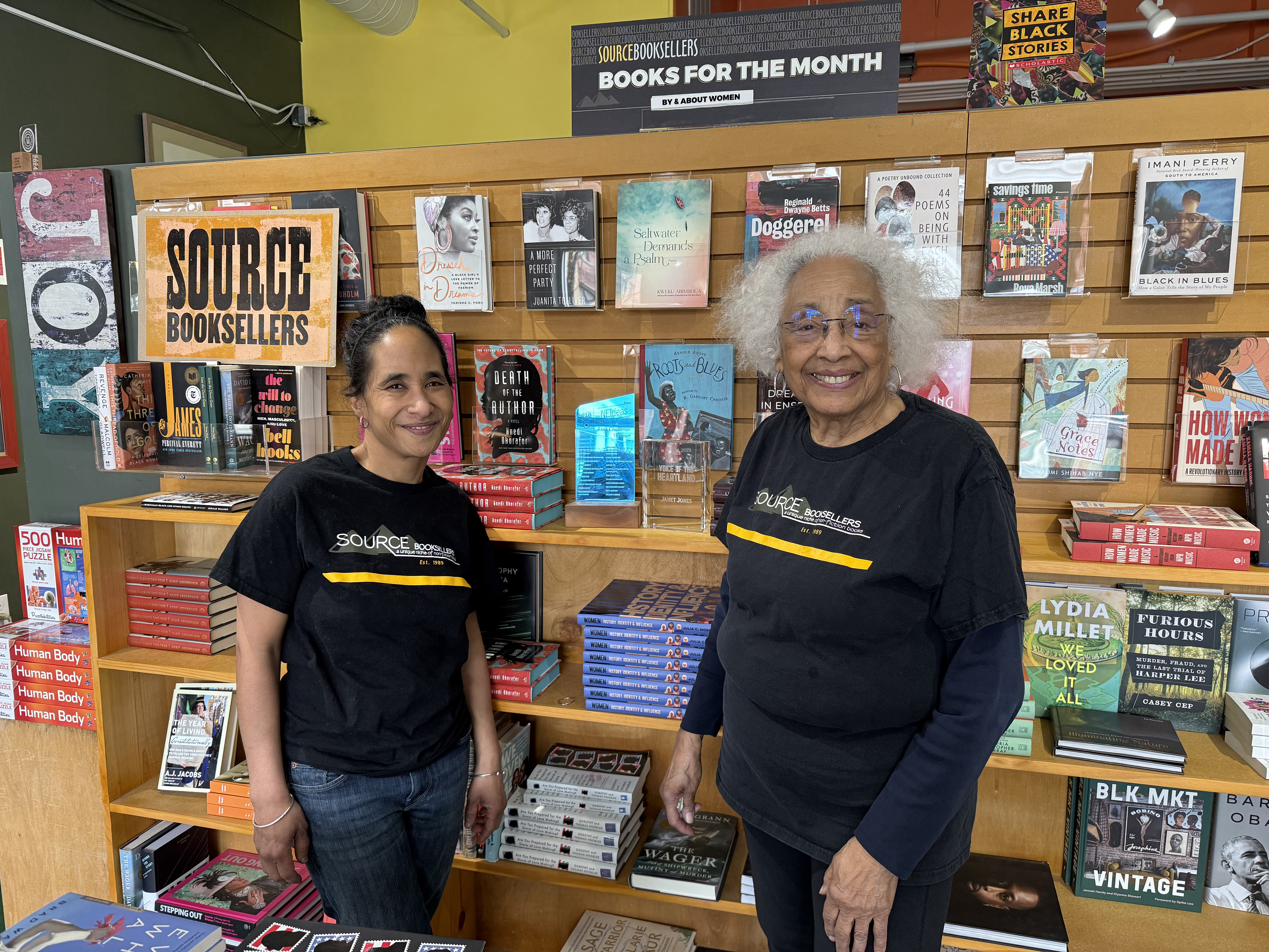

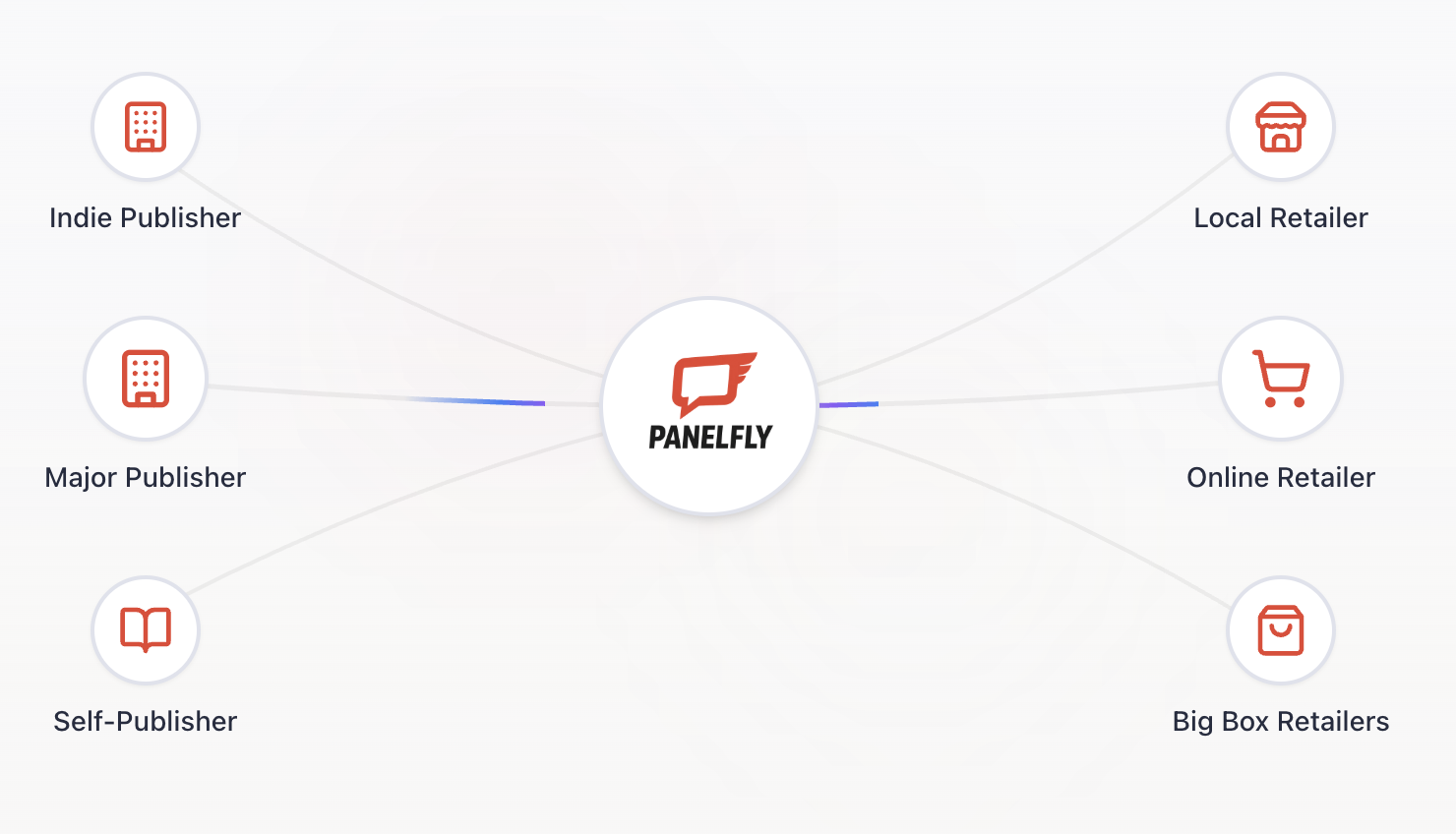



























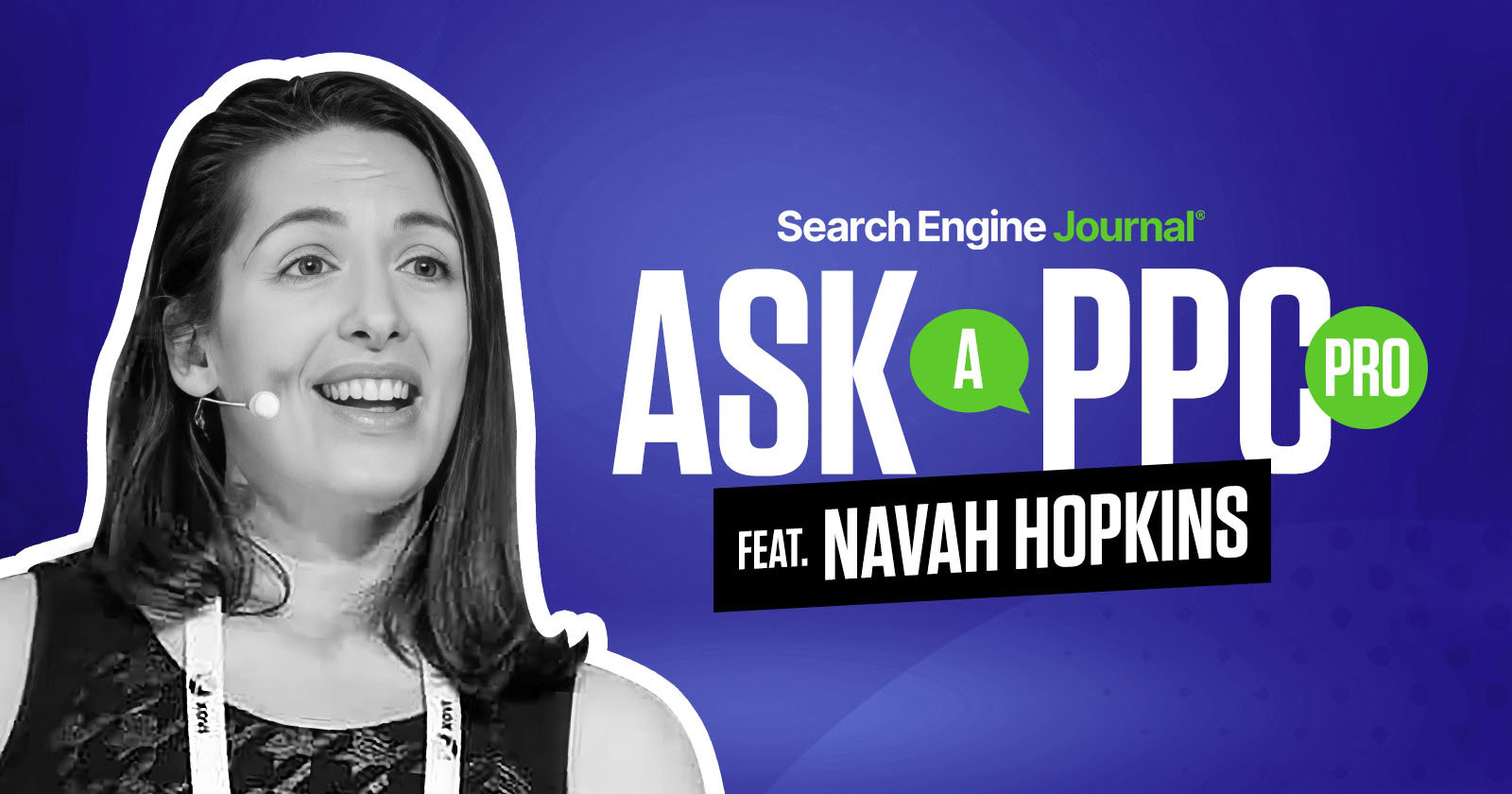

![31 Top Social Media Platforms in 2025 [+ Marketing Tips]](https://static.semrush.com/blog/uploads/media/0b/40/0b40fe7015c46ea017490203e239364a/most-popular-social-media-platforms.svg)



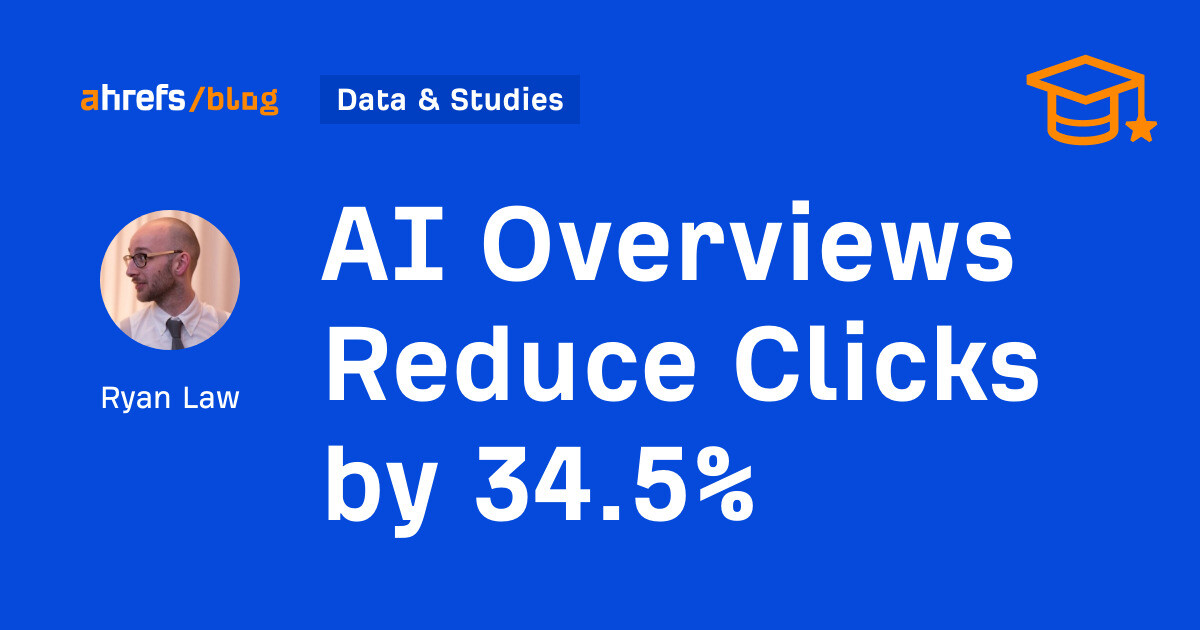

















![Gated Content: What Marketers Need to Know [+ Examples]](https://www.hubspot.com/hubfs/UNGated%20Content.png)



